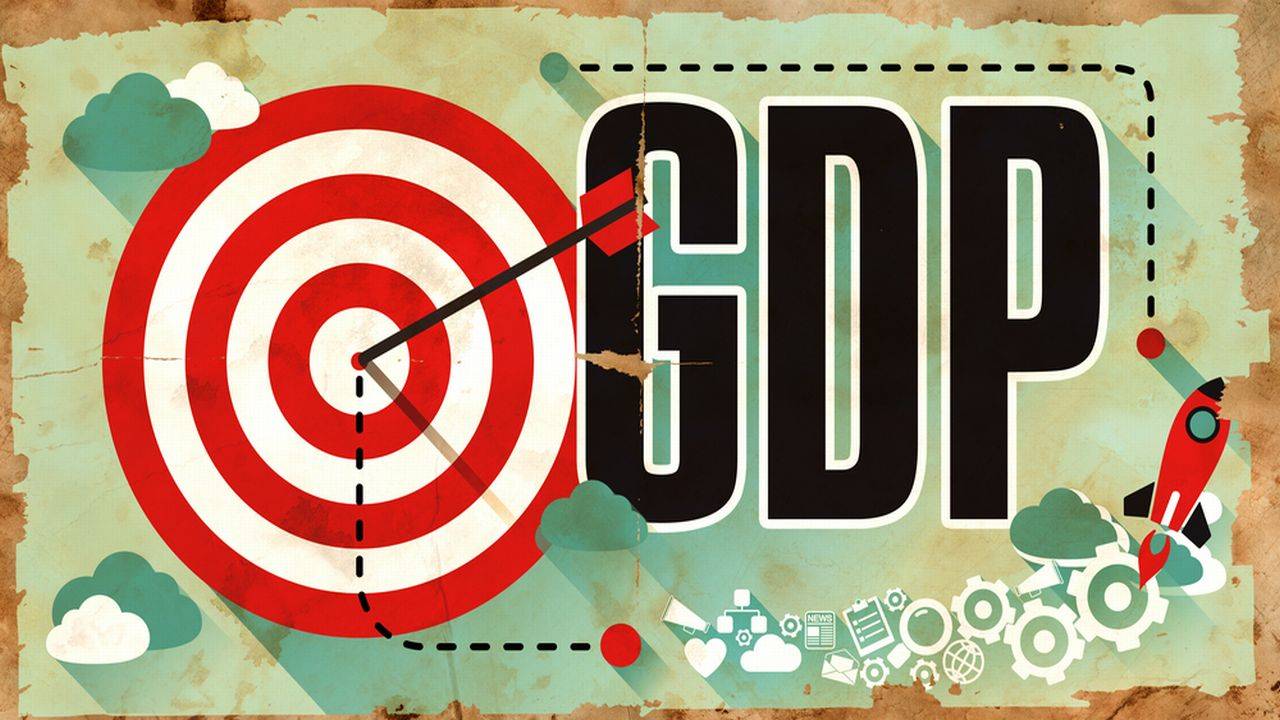ILO report says women, lowest-paid workers' wages most affected due to COVID-19 pandemic
Though one-third of the countries reported an average increase in wages, this was because a substantial numbers of lower-paid workers lost their jobs, which influenced the data.
Dec 3, 2020 / 01:40 PM IST
A waitress wearing a protective mask and gloves works, as some Spanish provinces are allowed to ease lockdown restrictions during phase one, amid the coronavirus disease (COVID-19) outbreak, in Tarragona, Spain. (Image: Reuters)
Due to the COVID-19 pandemic, monthly wages declined or grew more slowly in the first six months of 2020, according to a report by the International Labour Organization (ILO).
Women and lowest-paid workers have been hurt the most by this fall in wages, the ILO said in its Global Wage Report for 2020-21.
"The crisis is likely to inflict massive downward pressure on wages in the near future," the ILO said.
"The growth in inequality created by the COVID-19 crisis threatens a legacy of poverty and social and economic instability that would be devastating," said ILO Director-General Guy Ryder.
Though one-third of the countries reported an average increase in wages, this was because a substantial numbers of lower-paid workers lost their jobs, which influenced the data.
Without wage subsidies, women would have lost 8.1 percent of their wages in the second quarter of 2020, compared with 5.4 percent for men, the ILO said based on a sample of 28 European countries.
Without temporary subsidies, the lowest-paid 50 percent of workers would have lost an estimated 17.3 percent of their wages, the report said citing data from the European countries.
"Our recovery strategy must be human-centred. We need adequate wage policies that take into account the sustainability of jobs and enterprises, and also address inequalities and the need to sustain demand. If we are going to build a better future we must also deal with some uncomfortable questions about why jobs with high social value, like carers and teachers, are very often linked to low pay," said Ryder.












_2020091018165303jzv.jpg)



























